Spirocard 100 | Tablet | 10 pcs
৳ 200.00
Brand Name: Spirocard Tablet
Generic: Spironolactone
100 mg
Manufacturer: Popular Pharmaceuticals Ltd.
Unit Price: ৳ 20.00 (3 x 10: ৳ 600.00)
Strip Price: ৳ 200.00
Indications
Therapeutic Class
Description
Pharmacology
Dosage & Administration
Edema in adults (congestive heart failure, hepatic cirrhosis, or nephrotic syndrome): An initial daily dosage of 100 mg of Spironolactone administered in either single or divided doses is recommended, but may range from 25 to 200 mg daily. Combined therapy with other diuretics is indicated when more rapid diuresis is desired.
Primary hyperaldosteronism: After the diagnosis of hyperaldosteronism has been established, Spironolactone may be administered in doses of 100 to 400 mg daily in preparation for surgery. For patients who are considered unsuitable for surgery, Spironolactone may be employed for long-term maintenance therapy at the lowest effective dosage determined for the individual patient.
Essential hypertension: For adults, an initial daily dosage of 50 to 100 mg of Spironolactone administered in either single or divided doses is recommended.
Hypokalemia: Spironolactone in a dosage ranging from 25 mg to 100 mg daily is useful in treating a diuretic-induced hypokalemia.
Interaction
ACE inhibitors: Concomitant administration of ACE inhibitors with potassium-sparing diuretics has been associated with severe hyperkalemia.
Alcohol, barbiturates, or narcotics: Potentiation of orthostatic hypotension may occur.
Corticosteroids, ACTH: Intensified electrolyte depletion, particularly hypokalemia, may occur.
Lithium: Lithium generally should not be given with diuretics. Diuretic agents reduce the renal clearance of lithium and add a high risk of lithium toxicity.
Digoxin: Spironolactone has been shown to increase the half-life of digoxin.
Contraindications
Side Effects
Pregnancy & Lactation
Pregnancy: Spironolactone should not be used during pregnancy
Lactation: Canrenone, an active metabolite of Spironolactone, appears in breast milk. If use of the drug is deemed essential an alternative method of infant feeding should be instituted.
Precautions & Warnings
Overdose Effects
Storage Conditions
| Generic Name | Spironolactone |
|---|---|
| Size | 100 mg |
Only logged in customers who have purchased this product may leave a review.




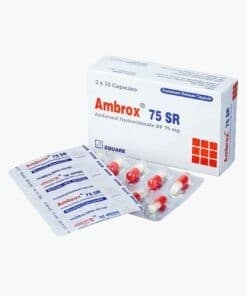
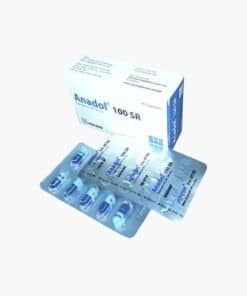

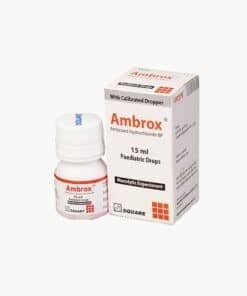
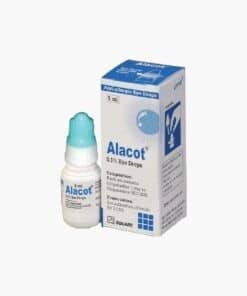
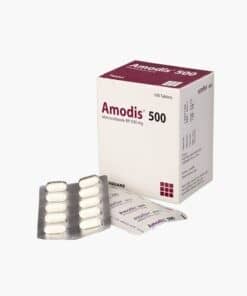
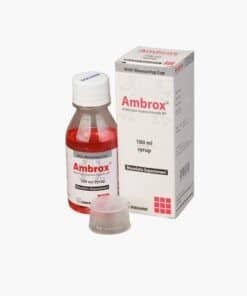

Reviews
There are no reviews yet.